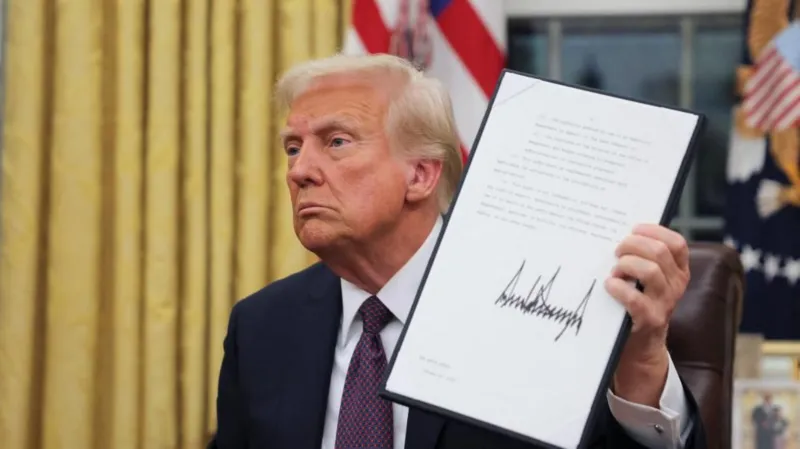The closure of a prominent marine zoo has left the future of its captive whales hanging in the balance, sparking a complex conversation about animal welfare, ethics, and the lasting consequences of captivity. For decades, these whales, born and raised under human care, have known no life beyond the concrete enclosures of their aquatic exhibits. Now, as the zoo’s gates close for good, questions arise about what lies ahead for these extraordinary creatures.
Marine parks and zoos have long been criticized for keeping large marine mammals, like whales and dolphins, in confined spaces. Critics argue that captivity restricts their natural behaviors, limits their range of motion, and diminishes their overall quality of life. Yet, supporters of these facilities have often defended their role in conservation, education, and providing a controlled environment for animals that might not survive in the wild.
The whales in question have lived their entire lives under human care. Many were born in captivity, while others were rescued from situations that would have otherwise led to their deaths in the wild. For these animals, human interaction is not just part of their routine—it has shaped their entire existence. Feeding, medical care, enrichment activities, and even their social structures have all been overseen by a dedicated team of caregivers.
As the zoo prepares to close, authorities are considering several options for the whales’ future. These include transferring them to another marine park or aquarium, establishing a seaside sanctuary where they can live under semi-wild conditions, or, in some cases, releasing them back into the ocean. However, each option comes with its own set of challenges.
Transferring the whales to another facility may provide them with familiar care and environments, but it perpetuates their life in captivity. On the other hand, releasing them into the wild is fraught with risks. Having been raised in an artificial environment, these whales lack essential survival skills. They may struggle to hunt, avoid predators, or navigate vast ocean spaces. Additionally, their long dependence on humans for food and care could leave them vulnerable in a natural setting.
A middle-ground solution, such as a seaside sanctuary, offers some promise. These sanctuaries provide large, enclosed areas of ocean where the whales can experience a more natural environment while still receiving human support. Such initiatives aim to strike a balance between providing a better quality of life and ensuring the animals’ safety. However, constructing and maintaining these sanctuaries requires significant resources, expertise, and international cooperation.
The closure of the marine zoo has reignited broader debates about the ethics of keeping highly intelligent and social animals in captivity. Whales, with their complex social structures and impressive cognitive abilities, have become a symbol of this contentious issue. While public sentiment has increasingly shifted toward opposition to captive marine mammals, the question of how to transition animals already in captivity remains unresolved.
Advocates for the whales urge for a thoughtful, humane approach to their relocation. They emphasize the need for collaboration between conservationists, marine biologists, and policymakers to ensure that any decisions made prioritize the well-being of the animals. This moment, they argue, is not just about the future of a few whales but about setting a precedent for how society handles the legacy of captivity for marine life.
As the marine zoo’s doors close, the whales wait—unaware of the debates and decisions that will shape their future. For them, humans are not just caretakers but the defining feature of their existence. Whether they remain in managed care, experience the semi-freedom of a sanctuary, or face the challenges of life in the wild, one thing is certain: their fate will serve as a powerful reminder of the complexities and responsibilities of human-animal relationships.

 Fashion4 months ago
Fashion4 months ago
 Sports5 months ago
Sports5 months ago
 Fashion4 months ago
Fashion4 months ago
 Learning3 months ago
Learning3 months ago
 News3 months ago
News3 months ago
 Technology5 months ago
Technology5 months ago
 News4 months ago
News4 months ago
 Hot News2 months ago
Hot News2 months ago









